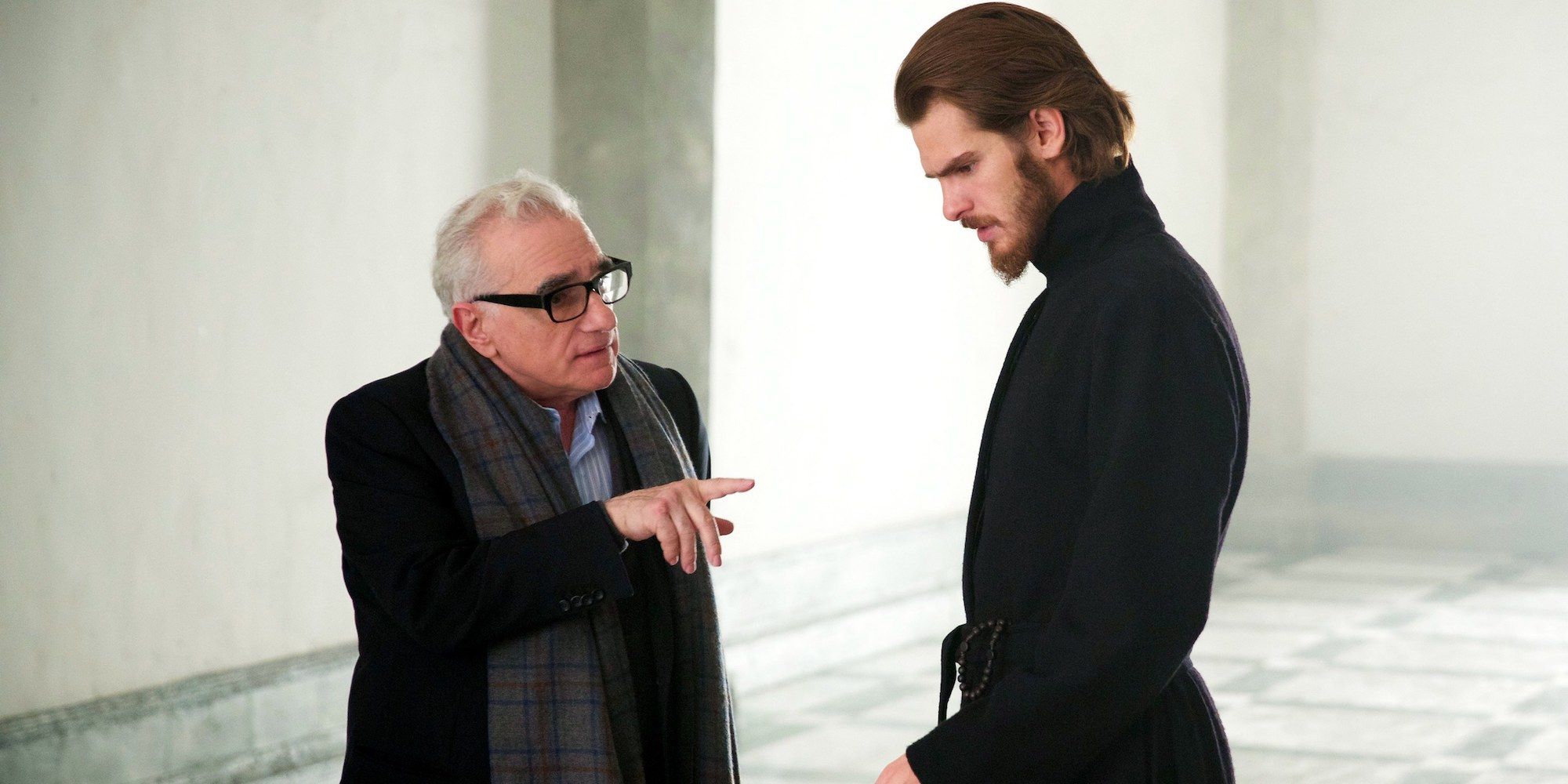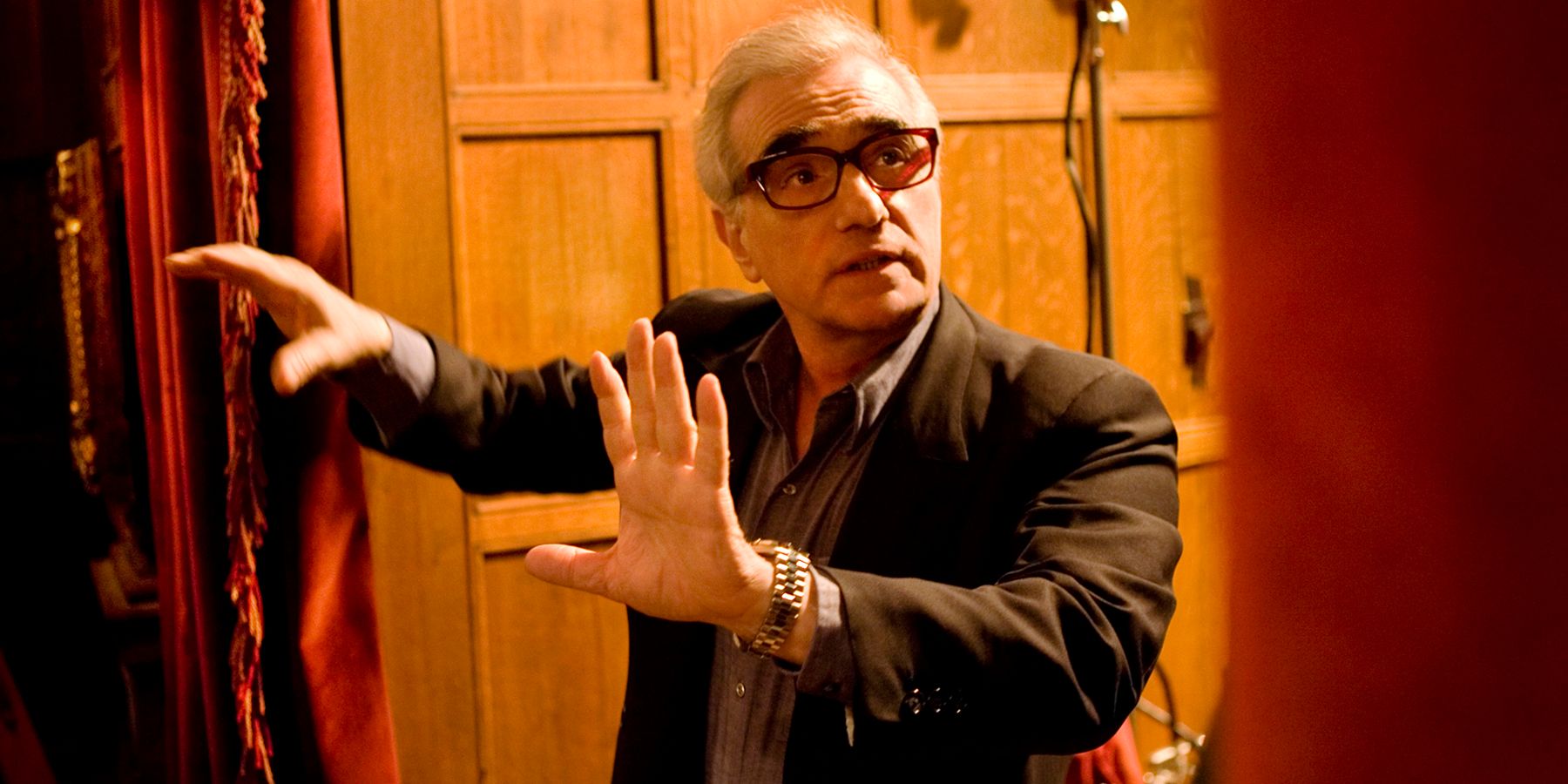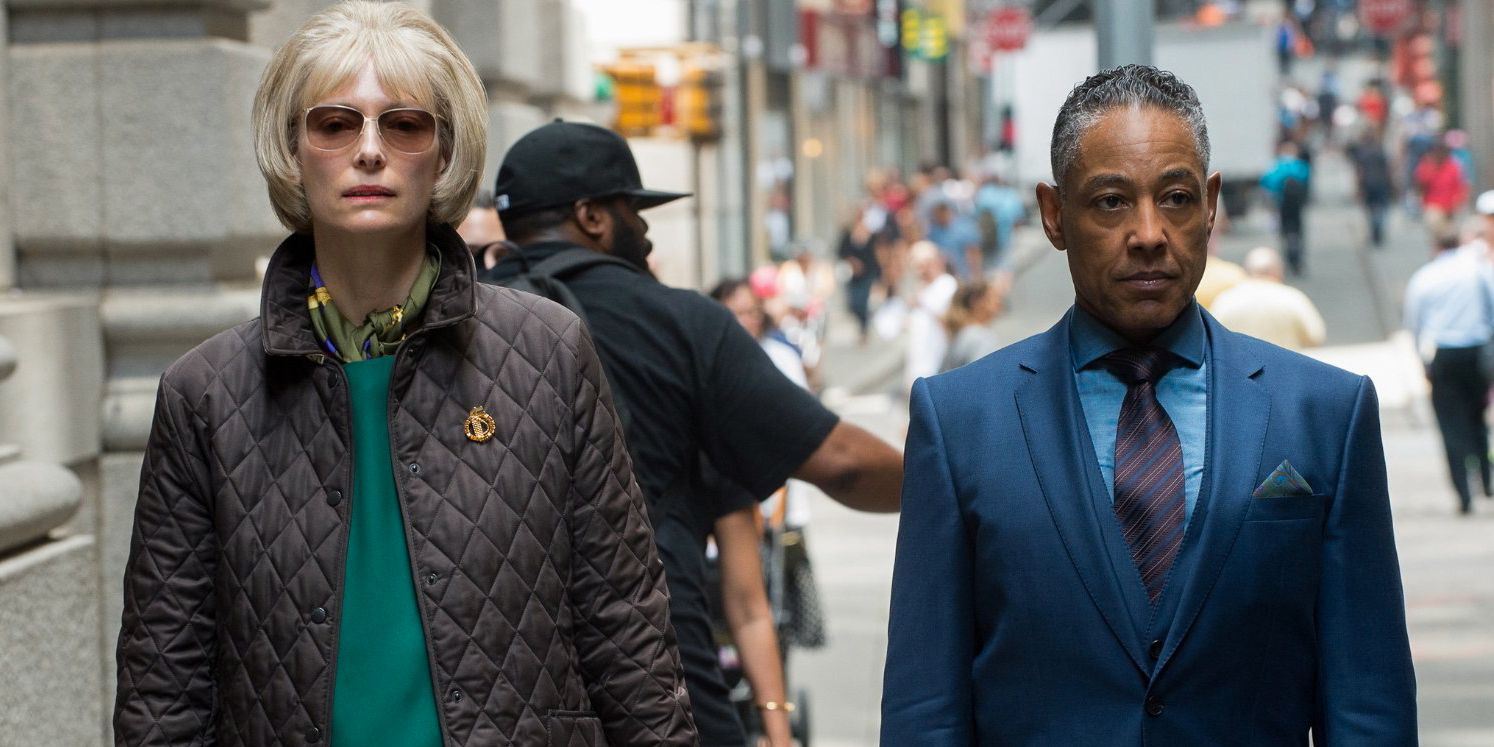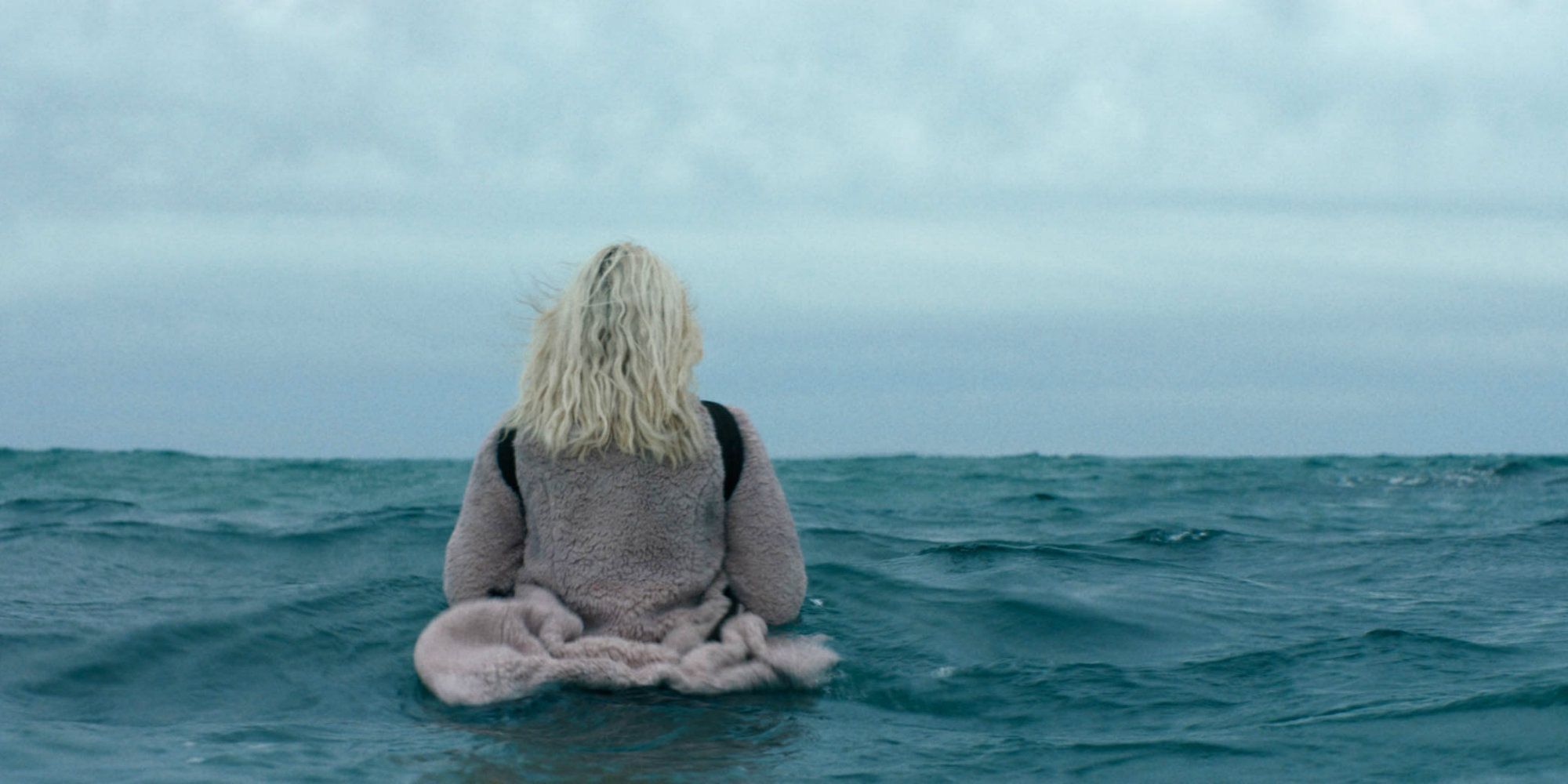This week, Paramount CEO Brad Grey was announced to be officially stepping down from his role after 12 years with the studio. While Grey was responsible for greenlighting some of the Hollywood giant’s biggest successes, Paramount struggled greatly in 2016 thanks to disappointing performances from Star Trek Beyond, Jack Reacher: Never Go Back, and Allied, as well as the disastrous flop Monster Trucks, which the studio drew a write-down of $155m many months before it ever opened in theatres.
Another casualty of this slump for Paramount and Grey was Martin Scorsese's Silence. The passion project he spent close to three decades developing was relatively low-budget by the director’s standards, but still only scraped a $7m domestic gross. This underwhelming box office performance, exacerbated by an almost complete shut-out from this year’s Oscars, had many film fans worrying about the future of another one of Scorsese’s long-time dream projects, The Irishman.
While Scorsese still has a feature deal with the studio that runs through to 2019, many doubted that even one of the greatest film-makers of all time could convince Paramount to shell out the estimated $100-150m it would cost to make the historical drama following the life of mafia hitman Frank Sheeran. Not even the possibility of a Robert De Niro-Joe Pesci reteaming and the inclusion of Al Pacino could promise secure funding.
Fortunately for film fans everywhere, Scorsese has a new partner for The Irishman, and it comes in the unexpected form of Netflix. While details are sketchy on exactly how much the streaming service paid for the long-gestating project, it is estimated to have been a highly expensive deal given the necessity to buy out the rights from Paramount and STX Entertainment, the latter of whom paid $50m for worldwide distribution rights last year.
Netflix has made leaps and bounds with its original content over the past few years, although its most notable successes lie in the realms of television, thanks to critical and commercial hits like Orange is the New Black, Stranger Things and the growing collection of Marvel's Defenders. Their original films have presented more of a mixed bag. There are critical hits such as Beasts of No Nation, but then there’s the seemingly never-ending exclusive deal with Adam Sandler. Their documentaries have yielded greater success and a number of Oscar nominations, but so far wider critical acclaim and industry buzz with their films has eluded them. Beasts of No Nation was the streaming service’s first attempt at crossing the borders into the often staid and archaic world of film, and while reviews were respectable, enthusiasm was more muted.
That, however, seems to be changing. Before Scorsese joined the family, Netflix were moving forward with more daring and idiosyncratic project choices: Duncan Jones's Blade Runner inspired sci-fi noir Mute will premiere on the service this year, as will Angelina Jolie's drama on life under the Khmer Rouge in Cambodia, First They Killed My Father; Bong Joon-ho's follow-up to Snowpiercer, Okja, was acquired exclusively for the platform, as was War Machine, Brad Pitt's comedy war film inspired by the life of General Stanley McChrystal. Any stigma that was previously attached to having your film bypass traditional funding and distribution has long left the conversation.
Netflix having Scorsese at the table also signals a major coup for the service over its similarly formatted counterpart, Amazon, who found incredible success with their film distribution offerings right out of the gate, thanks to Manchester by the Sea and Paterson. While Netflix’s model has been seen more as a foundation for big budget fare (in its TV division, The Crown was said to have cost over $100m, making it easily the most expensive television show ever made), Amazon has stuck to smaller indie fare that in recent years has fallen into the cracks of the traditional studio system. Amazon has film-makers like Kenneth Lonergan, Lynne Ramsay, Todd Haynes and Terry Gilliam under their belt, and are willing to shepherd them through a rigorous festival and awards circuit in a way a lot of the traditional studios just don’t prioritize anymore. Netflix’s biggest name in original film until this week was Adam Sandler, but Scorsese is a name that speaks volumes.
Netflix’s business model has always been one shrouded in mystery. The company doesn’t release viewership or streaming numbers, and seldom discusses budgets, so it can be nigh impossible to judge the objective success of their productions without such key details. Shows that nobody is really talking about like Marco Polo and Bloodline get renewed seemingly just because Netflix can. Netflix claims that the critically shredded Sandler vehicles are the highest viewed things on their service, but without an outside set of data to check, how can we confirm that?
That abandon with which Netflix acquires and funds projects may not be a structurally sound long-term business plan, but in the short-term it is yielding fascinating results. Like Amazon, Netflix has shown a willingness to pay lots of money for hotly hyped festival favourites, and throw funds at film-makers who would struggle to get them in the studio system. That bodes well for a subset of film that has been shrinking from our screens over the past few years – the mid-budget adult drama, which, when it is made, is done so only if awards success beckons. The franchise model dominates every major studio now, with multi-billion dollar epics acting as the tentpoles for the entire system. Paramount has Mission Impossible, Star Trek and Transformers, but even then those successes can only carry struggling efforts so far, and as such, passion projects like The Irishman will be shelved. In comparison, Netflix currently seems unconcerned with that model, with no franchise IPs to their name in the film realm and none in sight, for now. They’re happy to invest heavily in a 9-figure historical drama about mob connections, crooked unions and secret assassinations.
If this model continues, and it seems as though Netflix is keen to move forward with further such acquisitions, then this could shake up Hollywood to its very core. Both up-and-coming and established film-makers would have a support system that would allow them to make the kind of films that are struggling to get financed under the current model, and to do so with minimal meddling. When even the most successful directors of our time have to fight to get a mid-sized budget and decent distribution not reliant on imagined Oscar buzz, it is clear that there’s a sizeable gap in the market for a platform to offer a clear alternative. It’s one thing for Kenneth Lonergan to go this route; it’s quite another for Scorsese to follow.
As the Cannes Film Festival draws ever nearer, more eyes than ever will be on Netflix and Amazon to see if they will continue their prestige spending spree, and many a producer will be eager to cash in on this quest. With The Irishman and Scorsese himself on the payroll, Netflix possess an increasingly rare opportunity to invest in film as an art as much as a business. If studios want franchises and Netflix wants directors, what’s to stop even the biggest names migrating to the streaming service?




